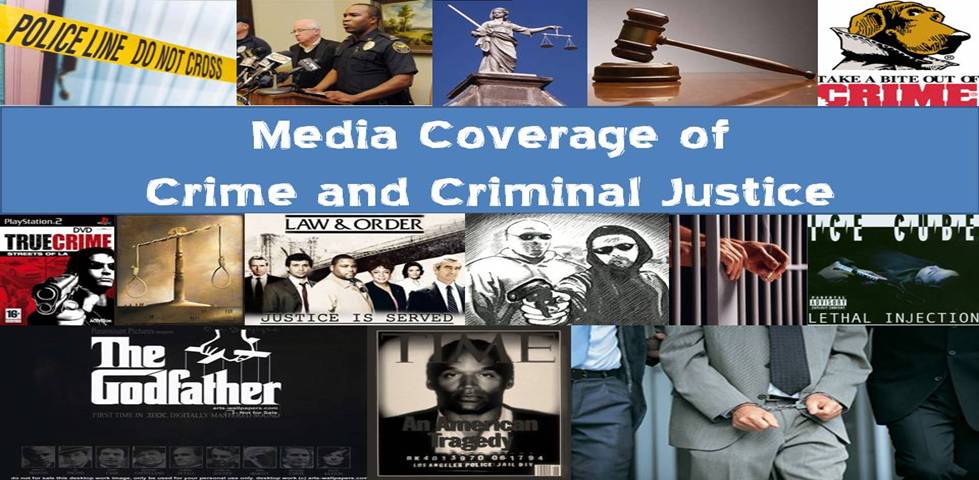Do violent video games contribute to violence in society?
My own review of the evidence suggests they do.
But there is still the issue of free speech especially since, in contemporary America, corporations are treated like individual people with rights.
The Supreme Court just struck down California law's that would have banned selling "violent" video games to children. So in this case, freedom of speech wins. Just as in the case where selling "crush videos" depicting small animals being crushed to death is also protected speech.
From NPR:
The Supreme Court on Monday struck down a California law banning the sale of violent video games to children, saying it ran afoul of the First Amendment right to free speech.
In one of the most closely watched cases this term, in a 7 to 2 vote, the justices said governments did not have the authority to "restrict the ideas to which children may be exposed."
The 9th U.S. Circuit Court of Appeals in Sacramento had ruled that the law violated minors' rights under the First Amendment, and the high court agreed.
The California law would have prohibited the sale or rental of violent games to anyone under 18. Retailers who violated the act would have been fined up to $1,000 for each infraction.
The decision silenced speculation among lawyers and scholars that the Supreme Court would carve out a new area of regulation to protect children from popular but brutal video games.
Writing for the majority, Justice Antonin Scalia said the country has no tradition of restricting depictions of violence for children. He said California's law did not meet a high legal bar to infringe on the First Amendment or the rights of parents to determine what's best for their children.
"No doubt a state possesses legitimate power to protect children from harm," Scalia wrote in the majority opinion. "But that does not include a free-floating power to restrict the ideas to which children may be exposed."
Although regulating children's access to depictions of sex has long been established, Scalia said there was no such tradition in the United States in relation to violence. He pointed to violence in the original depiction of many popular children's fairy tales like Hansel and Gretel, Cinderella and Snow White.
"Certainly the books we give children to read — or read to them when they are younger — contain no shortage of gore," Scalia added.
But Justice Clarence Thomas, who dissented from the decision along with Justice Stephen Breyer, said the majority read something into the First Amendment that isn't there.
"The practices and beliefs of the founding generation establish that "the freedom of speech," as originally understood, does not include a right to speak to minors (or a right of minors to access speech) without going through the minors' parents or guardians," Thomas wrote.
In a separate dissenting opinion, Breyer wrote that the issue was "less about censorship that it is about education.
"Sometimes, children need to learn by making choices for themselves," he wrote. "Other times, choices are made for children – by their parents, by their teachers, and by the people acting democratically through their governments."
More than 46 million American households have at least one video game system, with the industry bringing in at least $18 billion in 2010.
Next up on the docket?
What can broadcasters put on the air at times when children are watching? My bet with this Court--anything they want!
http://www.npr.org/2011/06/27/137446796/court-california-cant-ban-violent-video-game-sales


No comments:
Post a Comment